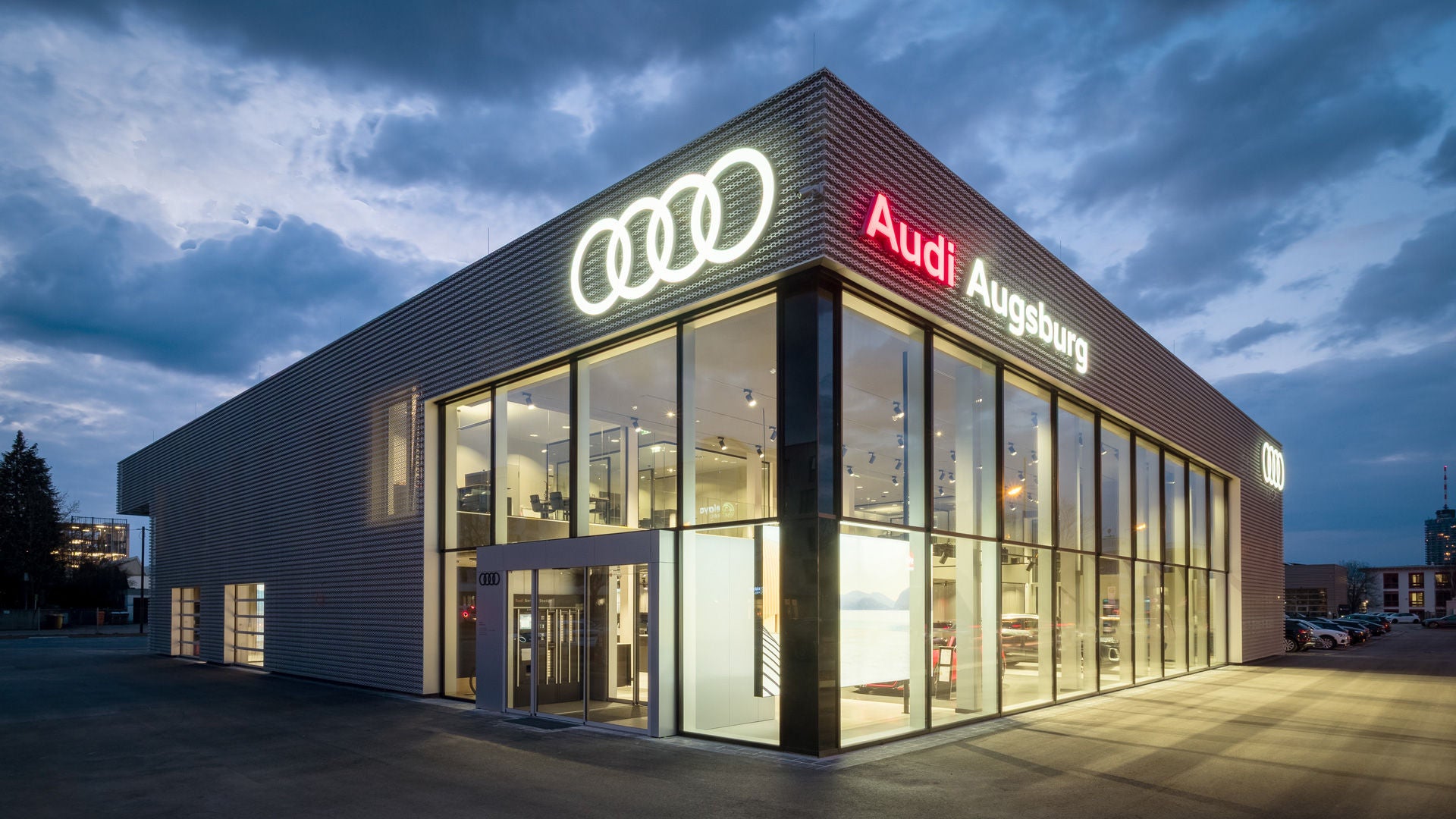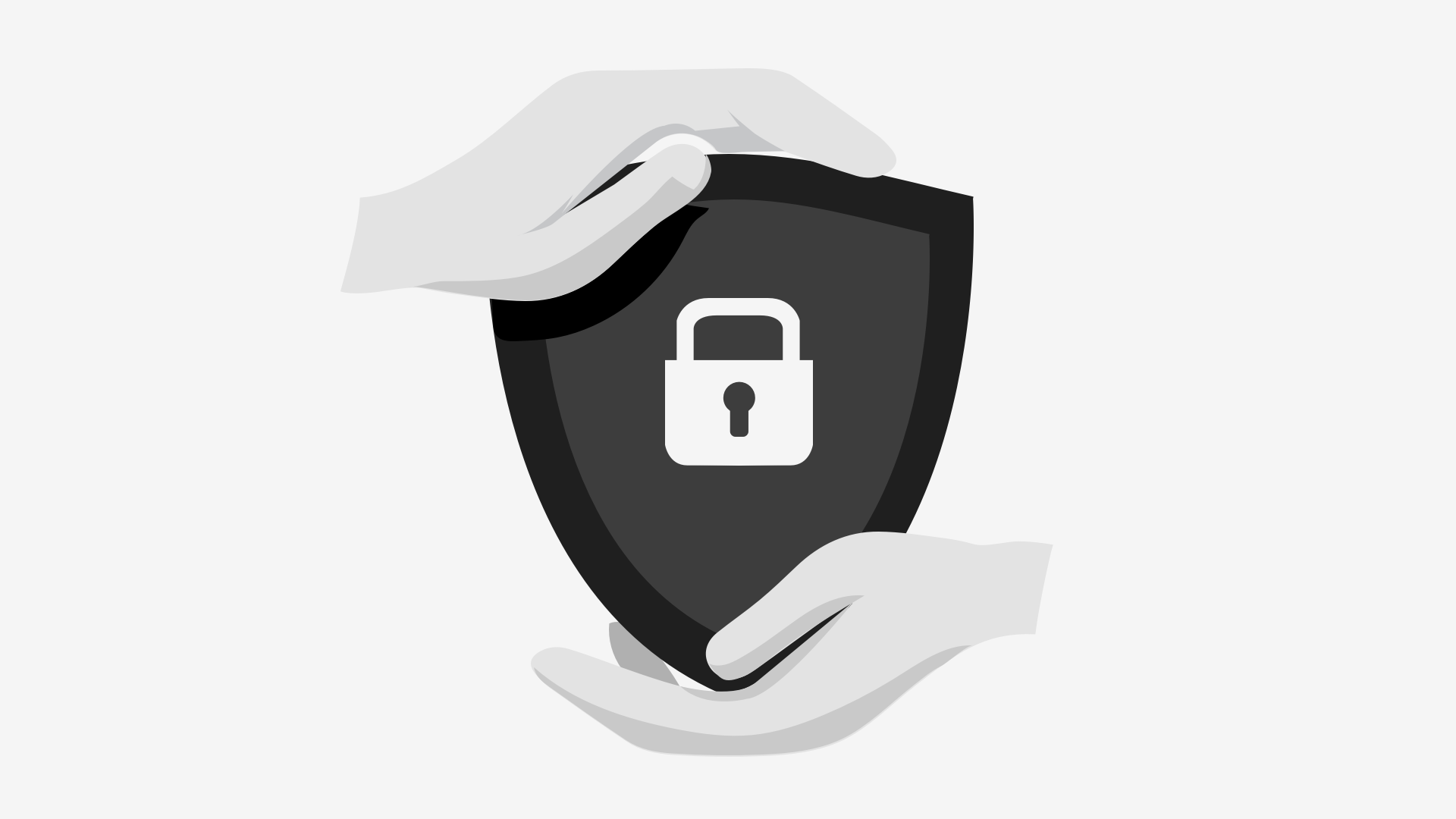.jpg)
Sustainability
Audi Annual and Sustainability Report 2024
Three sustainability key figures for Audi
Production at all Audi sites* has been net carbon-neutral**
million euros
is the total amount that AUDI AG has invested in the training and development of its employees over the past three years.
kilometers
makes the Audi A6 Sportback e-tron*** the model with the longest range in its segment.
*Audi production sites in Ingolstadt and Neckarsulm (Germany), Brussels (Belgium), Győr (Hungary), San José Chiapa (Mexico). Production at the Brussels plant was discontinued at the end of February 2025.
** Audi regards net carbon neutrality as a state in which, following the exhaustion of other possible measures aimed at reducing the still remaining CO₂ emissions caused by the products or activities of Audi and/or currently unavoidable CO₂ emissions within the scope of the supply chain, manufacturing and recycling of Audi vehicles, at least quantitative compensation is provided through voluntary and globally conducted compensation projects. Throughout the utilization phase of a vehicle, meaning from when a vehicle is delivered to a customer, CO₂ emissions produced are not taken into account.
*** Audi A6 Sportback e-tron performance: Power consumption (combined): 15,9–14,0 kWh/100 km; CO₂ emissions (combined): 0 g/km; CO₂ emission class: A
“Holistic sustainability at Audi goes beyond the product. We are convinced that a sustainable business model includes taking social responsibility in addition to ecological criteria.”
– Jürgen Rittersberger, Member of the Board of Management of AUDI AG for Finance, Legal Affairs and IT
Find out more
Audi has set itself the task of providing comprehensive information on the topic of sustainability via a wide variety of media. Here you can find further sources of information on the topic of sustainability at Audi.
Contact
Do you have any questions or suggestions on the subject of sustainability? Send us your message to sustainability@audi.de. The team will be happy to help you!

.jpg?width=342)
.jpg?width=342)



.jpg)





